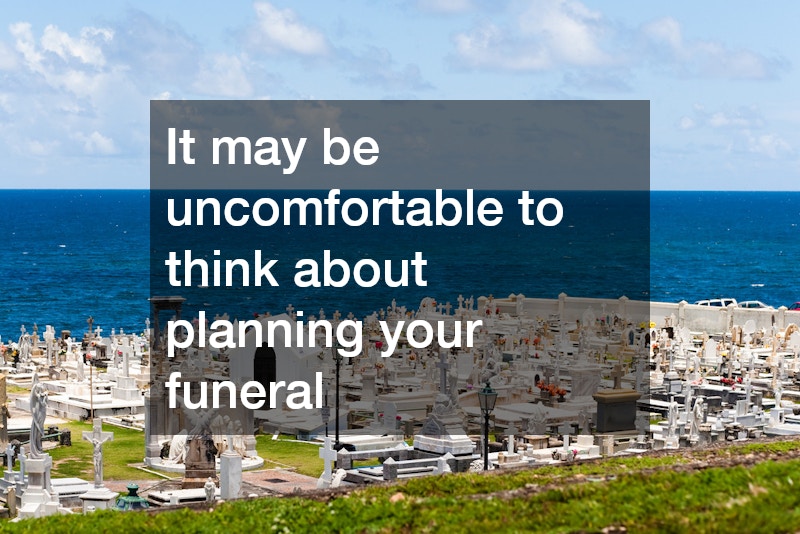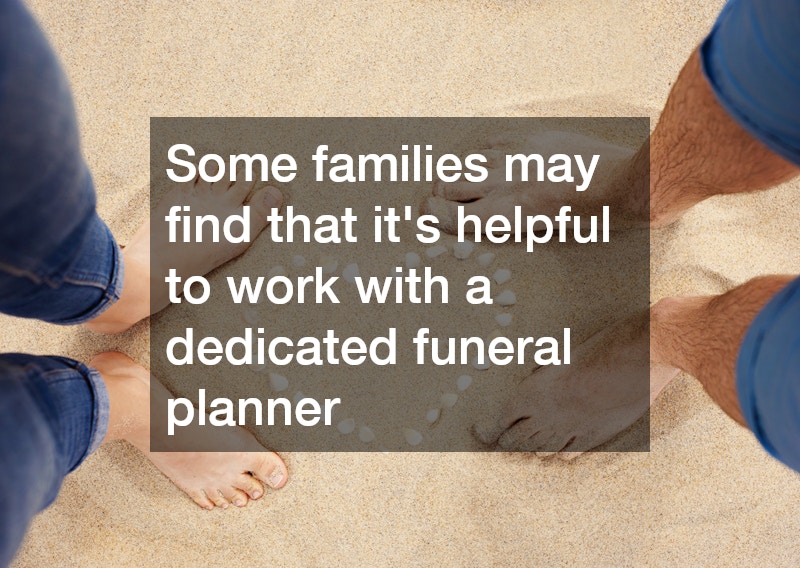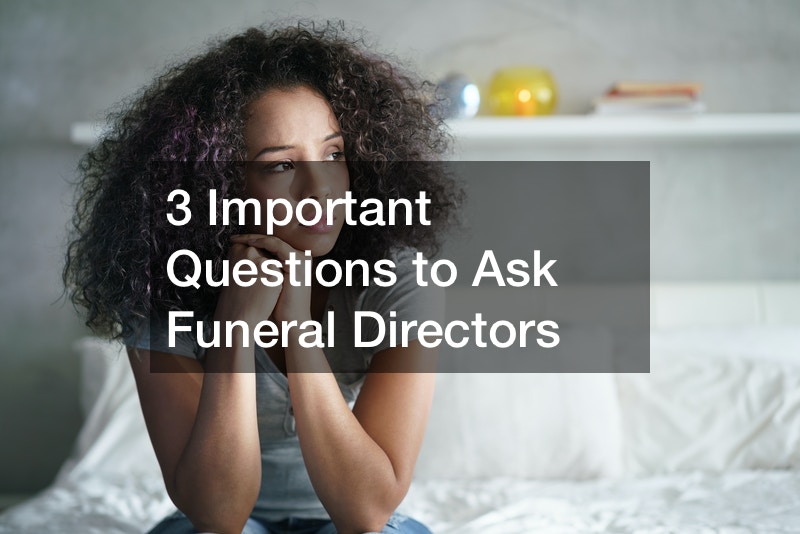

It may be uncomfortable to think about planning your funeral. However, you may have strong feelings about your funeral and other final arrangements. For example, you may prefer cremation to burial – or, you may want a “green” funeral, where your body is placed directly into the earth. Many people with strong feelings about their final arrangements may use advance funeral planning.
Some people who use pre arranged funeral planning combine their planning with an advanced payment. This agreement may take the form of a contract, and your prepayment will allow you to take advantage of today’s prices for a future funeral. Once you have completed your pre-planning services, be sure a trusted family member or your estate planning lawyer is aware of your plans.

This type of pre-planning has different names, so be aware of the name given to it by the funeral director you plan to use. Sometimes it may be called a final wishes document and may even be part of your estate planning – or your medical advanced directive. If there is a trusted loved one who you would like to carry out your wishes, the arrangement is then referred to as a funeral directive.
It can be very distressing to consider your funeral, but it is a fact of life. It’s no secret that funerals can be expensive, and arrangements made by your family may be different than what you might choose. Many people have found comfort in advanced funeral planning. To use that process, you sit down with a funeral director and explain your personal wishes for your memorial service and interment options.

Some families may find that it’s helpful to work with a dedicated funeral planner. Using one of those professionals, you can still voice your preferences and plans, but the planner can help you and your family find funeral decisions you may all agree with. Because of the cost of funeral arrangements, you may want to sign a contract with the funeral home for preneed arrangements. These contracts will pay for funeral services ahead of time.

One of the important components of funeral planning is to state your wishes on burial versus cremation. The cost of burial and the location of your grave will factor significantly into your planning process. Deciding on burial also means you will consider gravestones or other memorial markers. You and your spouse may want a double headstone.
Having to plan a funeral for a loved one is never easy, but it can be especially difficult if they left no plans or final wishes for what they wanted. Burial and cremation pre planning professional services are more popular now than ever before as it can help prevent unnecessary stress and aggravation and expenses for loved ones. It is difficult to accurately plan the average cost of funeral expenses but these professional planning service providers can help ensure plans are made as accurately as possible ahead of time.
They can help you determine the average final expenses that may need to be picked up by family and loved ones when the funeral actually takes place. Even considering costs and involvement for an average funeral can be difficult as there are many unique factors and features that can add to the costs of the final arrangements and the funeral itself- whether it is a traditional burial or a cremation service. Figuring out the average price for a casket, burial, and cemetery plot can all be made easier with the right funeral planning guidance and insight.
When it comes to funeral planning, whether you’re planning a funeral for a loved one or planning your own funeral, you’re probably going to be working with a funeral director. Working with an experienced professional can be extremely helpful — in fact, a Harris Poll survey found that 82% of respondents agreed that funeral professionals provide valuable services. But if you’re struggling to choose a funeral home, here are a few important questions to ask that may help you make a decision.

How many years of experience do you have? First and foremost, you should ask the director about their experience. Funeral homes can be locally owned, family-owned, or even a chain. If possible, consider an independent funeral home. Local ownership often means the funeral home is truly dedicated to providing their community with excellent funeral services. But either way, you should ensure the director has a few years of experience under their belt so they can properly guide you through the planning process.

Do you offer certain funeral packages? Funeral costs can quickly add up, which is why it’s important to ask about any packages they may offer. Of course, you can still customize the service to your liking, but going with a more basic package to start with can help save on expenses. Additionally, asking about their funeral packages will give you a better idea of what kind of services they offer.

Will I have to pay any additional fees? Some funeral homes may charge for the basic services and then have additional fees on top of that. Additional fees may include those for transporting the remains, the use of equipment, cremation, and the use of a hearse. It’s important to know what isn’t included in the main cost so you can plan appropriately.
There are a lot of important factors to consider when planning a funeral, and these are just a few of them. From managing costs to finding the services you’re interested in, you’re going to be making a lot of decisions. So when you’re meeting with potential funeral directors, make sure to ask these questions so you can make an informed decision when needed.
